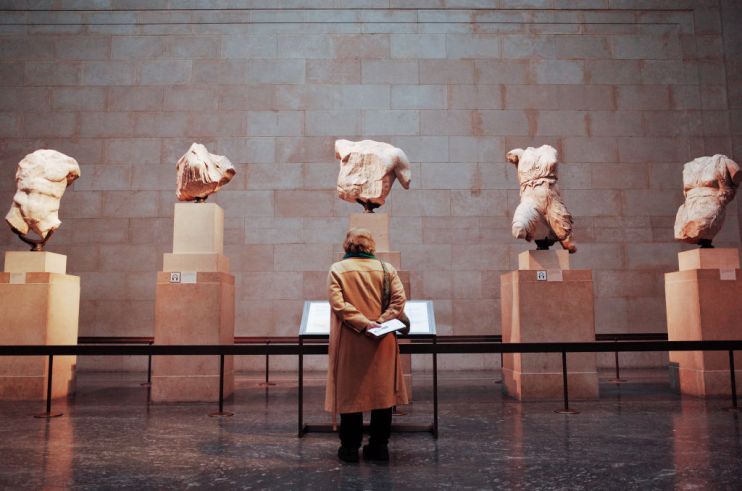British Museum faces investigation over hidden sacred Ethiopian artefacts

The British Museum is facing an investigation from the information watchdog following claims it is hiding information about 11 sacred Ethiopian altar texts.
The tabots, which were stolen by British forces after the Battle of Magdala in 1868, are considered so holy the museum previously agreed they cannot be placed on display, studied or seen by staff.
A campaign group has appealed to the Information Commissioner Officer after multiple Freedom of Information requests (FOI) were sent by Returning Heritage.
The group said: “Section 5 in the British Museum Act 1963 (‘Disposal of Objects’) allows for objects to be repatriated if, in the opinion of the Trustees, the objects are ‘unfit to be retained’ and can be removed ‘“’without detriment to the interests of students’.
“It’s hard to imagine another group of objects that so evidently meet these criteria. However, following our latest FOI request, the museum will not even confirm whether it has sought external legal advice that it can return the tabots to Ethiopia under this Act.”
A British Museum spokesperson told City A.M: “The British Museum’s collection tells the story of human cultural achievement over 2 million years.
“The presence of the tabots in the collection, together with other objects from Ethiopia, demonstrate the breadth and diversity of religious traditions in Ethiopia, including Christianity, Islam and Judaism as well as other faiths.”
The British Museum has faced criticism in recent decades about its right to hold onto historic artefacts which were effectively looted from other countries amid the height of the British Empire.